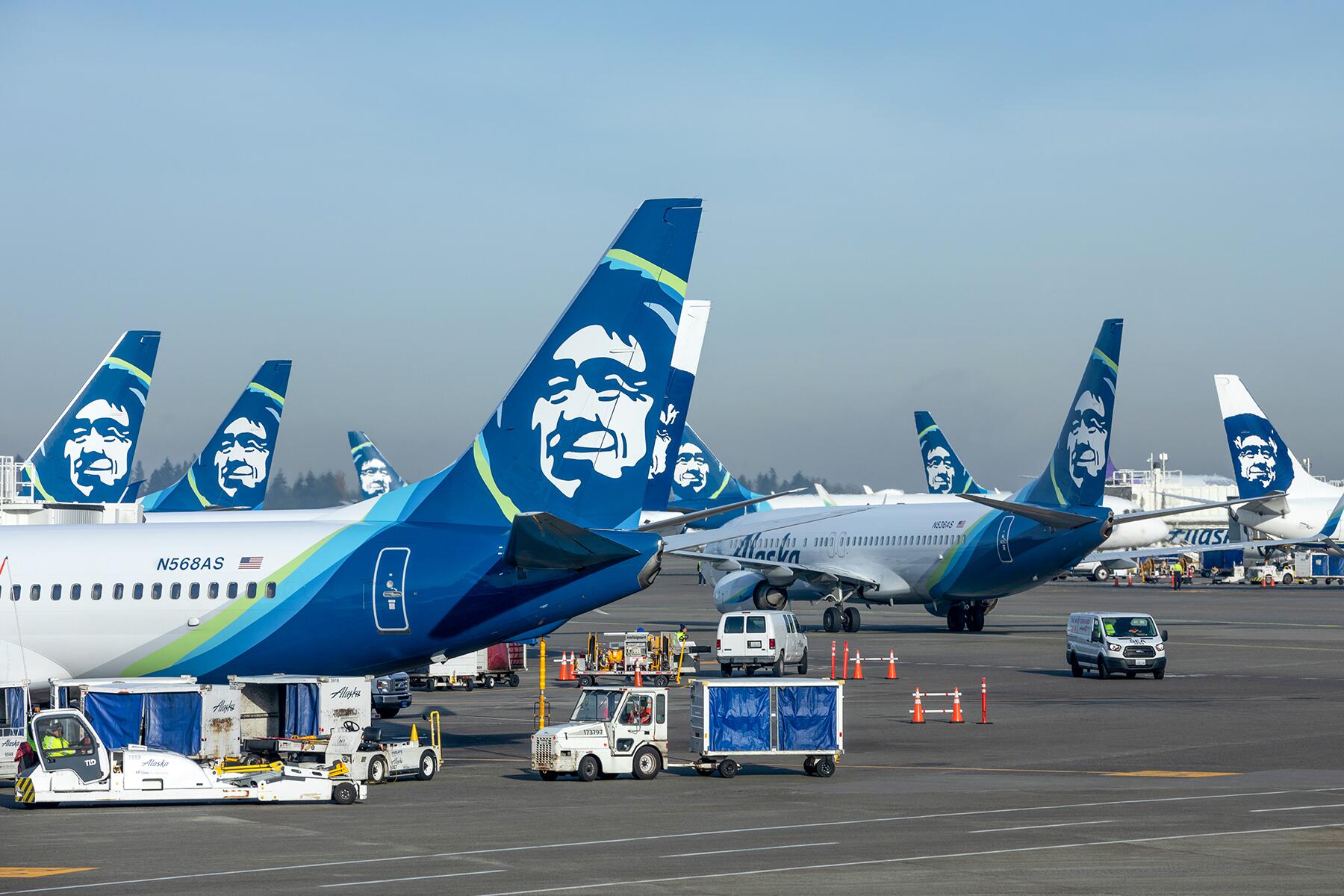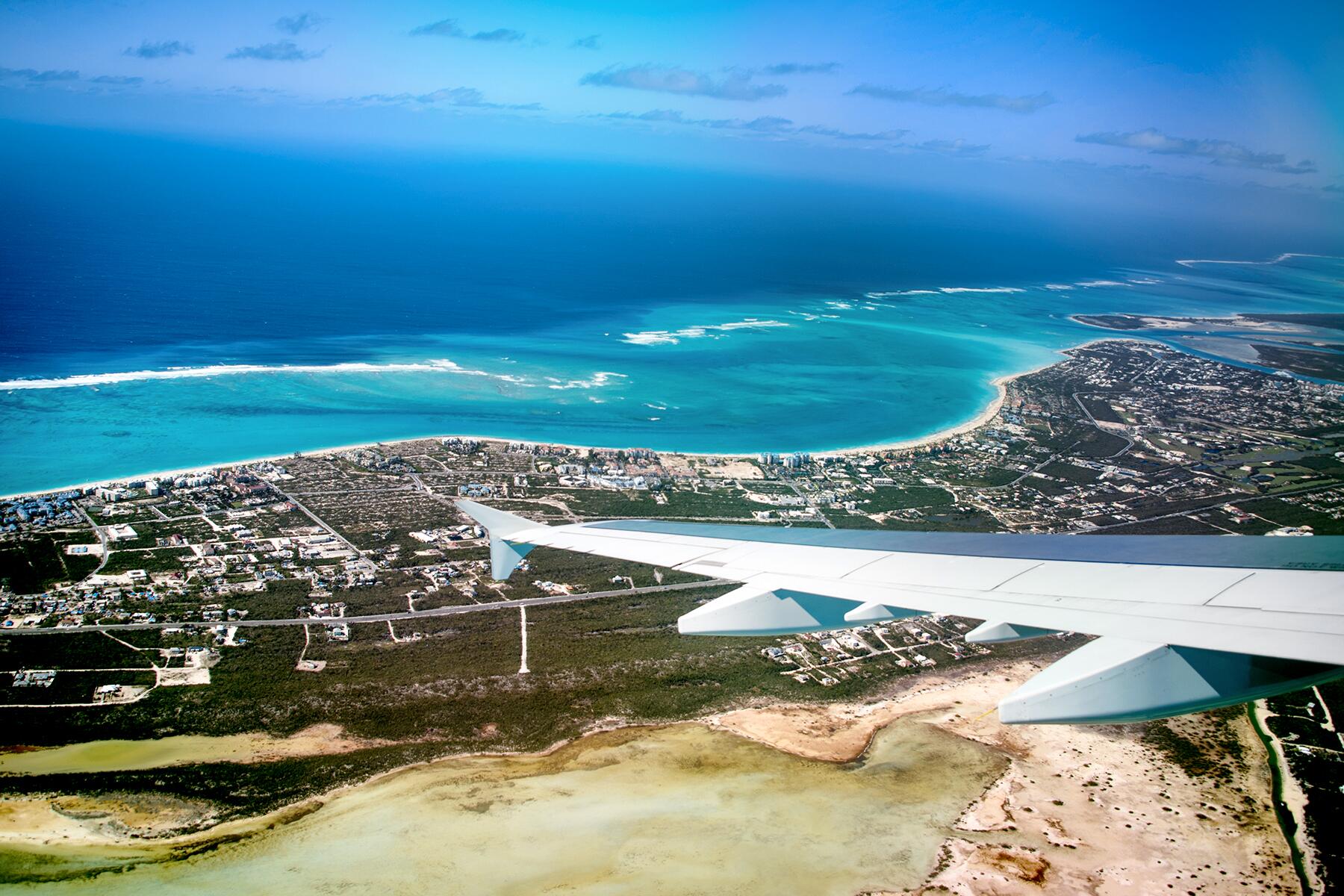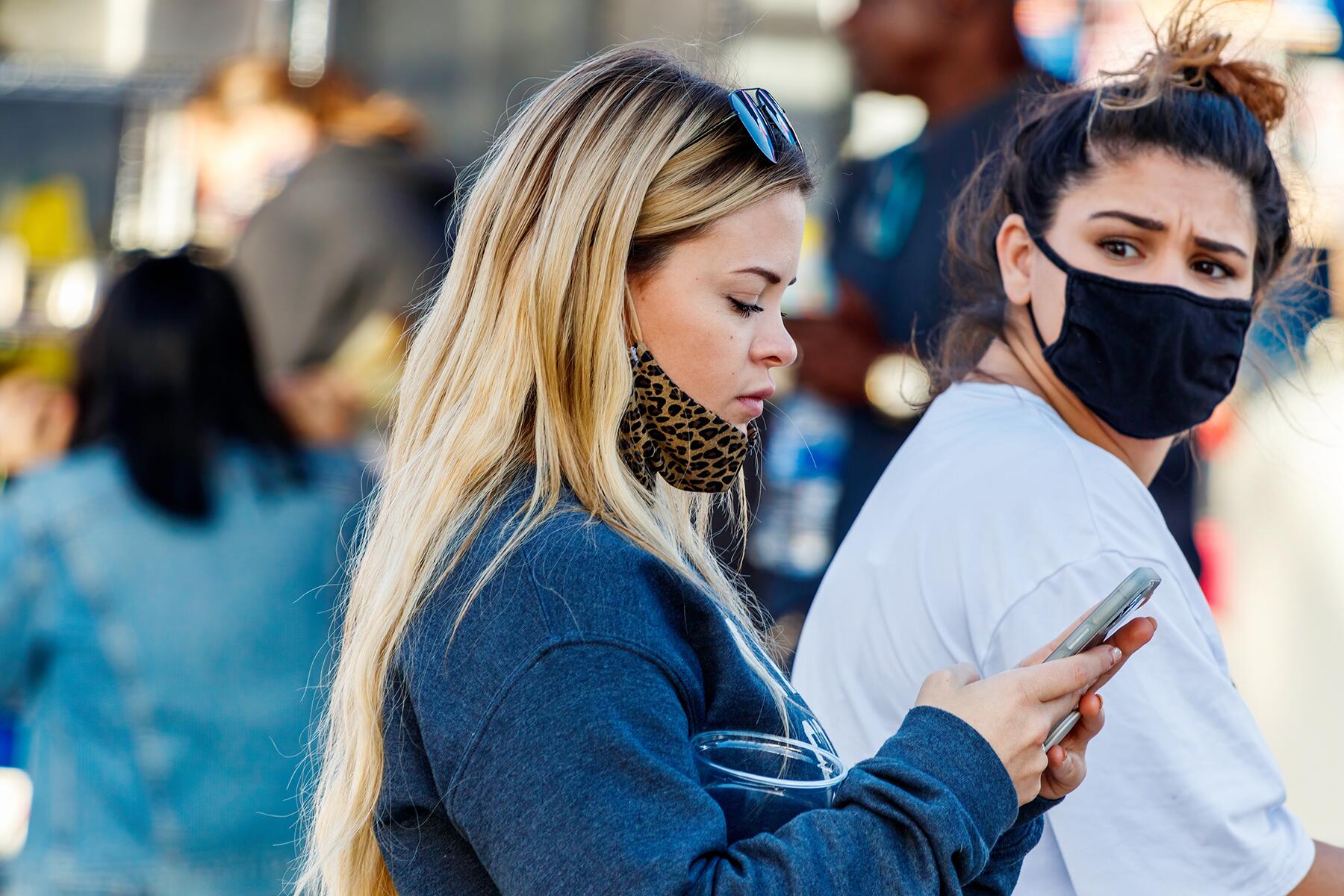Seems like a good time to remind everyone how to avoid COVID.
COVID-19 is so last season, right? But the disease that has rocked the world for the past three years does still exist. COVID hospitalizations ticked up this week, with over 9,000 across the country, and moderate infection rates have been reported in Southern Virginia, Northwest Mississippi, and Southern Iowa.
Health officials explained that a new EG.5 variant, an offshoot of the Omicron variant, made up a plurality of cases in the United States, but that the public should not be concerned about how large the percentage increases appear because case numbers are already some of the lowest they’ve ever been.
But What Does This Mean for Travelers?
The Federal government’s COVID-19 Public Health Emergency was declared over, changing how the government tracks and reports infections, as well as how many insurers cover tests and treatment.
COVID-19 testing is also no longer a priority for most countries—China and East Timor are the only countries that still require a test for vaccinated travelers to enter (Turkmenistan and the disputed territory of Western Sahara are closed to all but returning residents). Unvaccinated travelers also face few restrictions. Only the Federated States of Micronesia and Nauru will deny entry to unvaccinated travelers. Eleven countries require COVID tests for unvaccinated travelers—nearly all of them in Central or North Central Africa (the two outliers are Bolivia and Iran).
Airlines, cruise lines, and other modes of conveyance have largely ditched vaccination and mask requirements, although nearly all suggest that passengers who prefer to wear masks when traveling do so—whether they or a family member are at-risk or immunocompromised or for a host of other reasons.
Top Picks for You
Recommended Fodor’s Video
The CDC considers patients “up-to-date” on COVID-19 vaccines when they have received a single “updated” or “bivalent” vaccine (available after April 18, 2023). The updated vaccines protect against both the original COVID-19 strains, and the Omicron variants BA.4 and BA.5. New vaccines are expected in the Fall of 2023 to also cover the offshoots of the variants that have appeared over the summer.
Vaccines, combined with masks, remain the most effective way to combat transmission of COVID-19. It may now be even more worthwhile to avoid getting infected, since many employers have also updated their leave policies—most companies who gave infected employees time off without penalties have returned to pre-pandemic leave policies which are more restrictive. While vaccines and tests still remain widely available, the number of emergency resources available has also dwindled with the expiration of the federal Public Health Emergency Designation.
It’s also worth noting that many of the health and safety measures learned during COVID-19 are still good practice when traveling in close quarters with others—like on aircraft or on cruise ships. While masking is generally regarded as inconvenient—even for conscientious travelers with reason enough to wish avoiding exposure—social distancing and frequent hand washing or sanitizing are still good hygiene for travelers, lowering transmission risk for all airborne diseases.
Travel insurers and travel suppliers have also returned to pre-pandemic cancellation policies, and travelers who wish to cancel their journeys out of fear of contracting COVID-19 are generally subject to the standard policies of the product they purchased. Travelers who may not feel certain about their travel plans due to COVID-19 should purchase a Cancel For Any Reason (CFAR) travel insurance policy, which will generally cover cancellations for most reasons outside of unforeseen circumstances already covered by most plans. CFAR policies are typically available at the time of the initial trip deposit for an additional premium over the standard coverage plans.
Travelers should also be sure to check and re-check entry requirements for all the countries in their itinerary if traveling internationally, as documentation requirements can change in the event of a recurring spike in infections. Travelers are ultimately responsible for being informed about the entry requirements for their trip—and that goes for all documentation requirements, not just the vaccine requirements which have largely disappeared from the travel landscape.





I returned from a week in London on September 22nd of this year. Before leaving on September 15th I thought about wearing a mask during my trip, especially on the plane. I dismissed this as just being over safe, especially since I had COVID-19 in 2021. Since I traveled alone I had no close contact with anyone on my trip other than in planes or airports.
2 days after my return I came down with laryngitics, a cough, and fever. I called a medical group that does home visits. They tested me for flu, COVID-19, and pneumonia. The tests showed no flu or pneumonia; I was positive for COVID-19. I had an X-ray the next day confirmed no pneumonia. Luckily it was early enough for me to receive the Plaxlovid treatment. I was also given a antibiotic z-pak for bronchitis.
Fortunately I felt much better 2 days later and had no congestion or fever. However, this would probably have been avoided if I had just worn a mask while at the airports and on the planes.